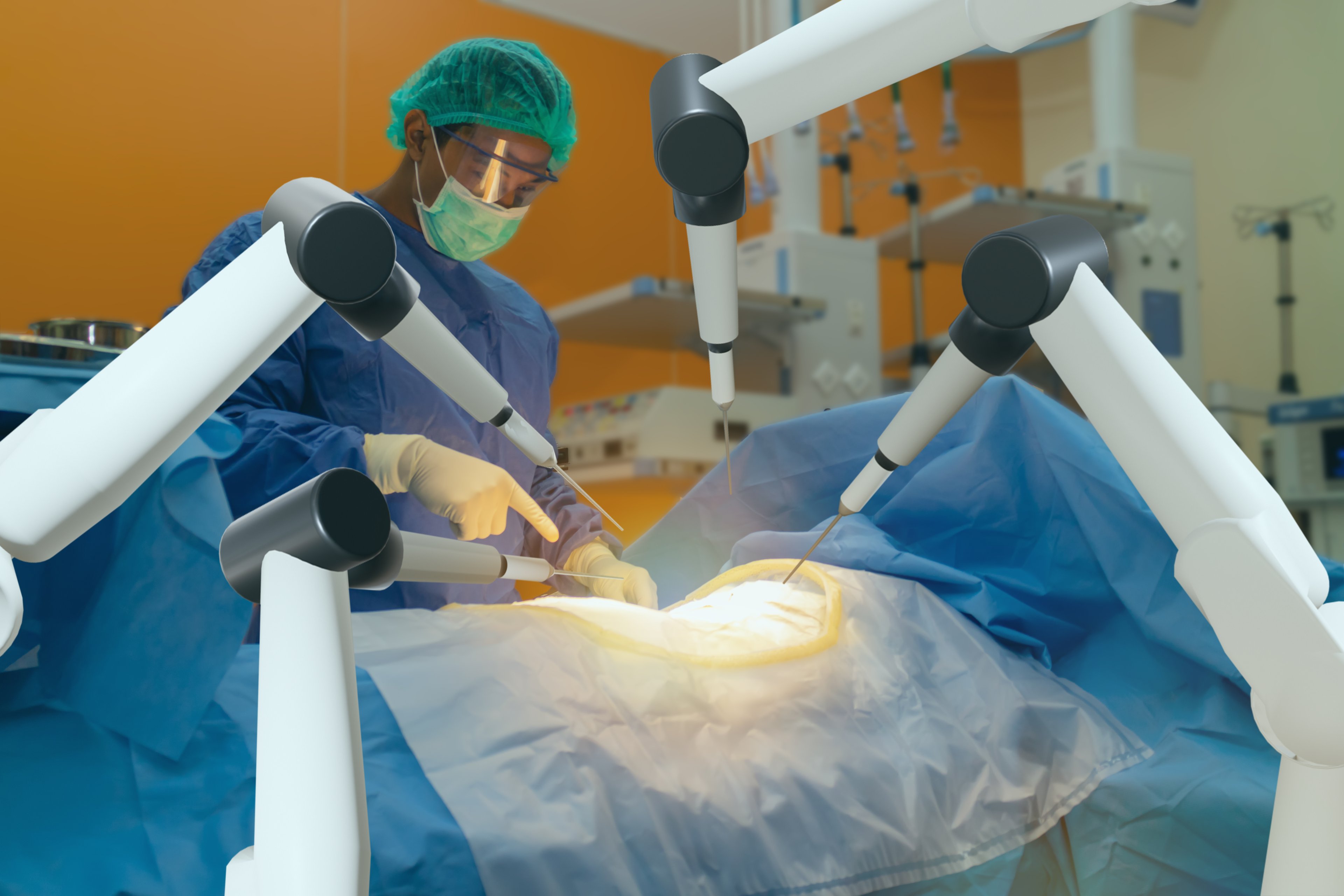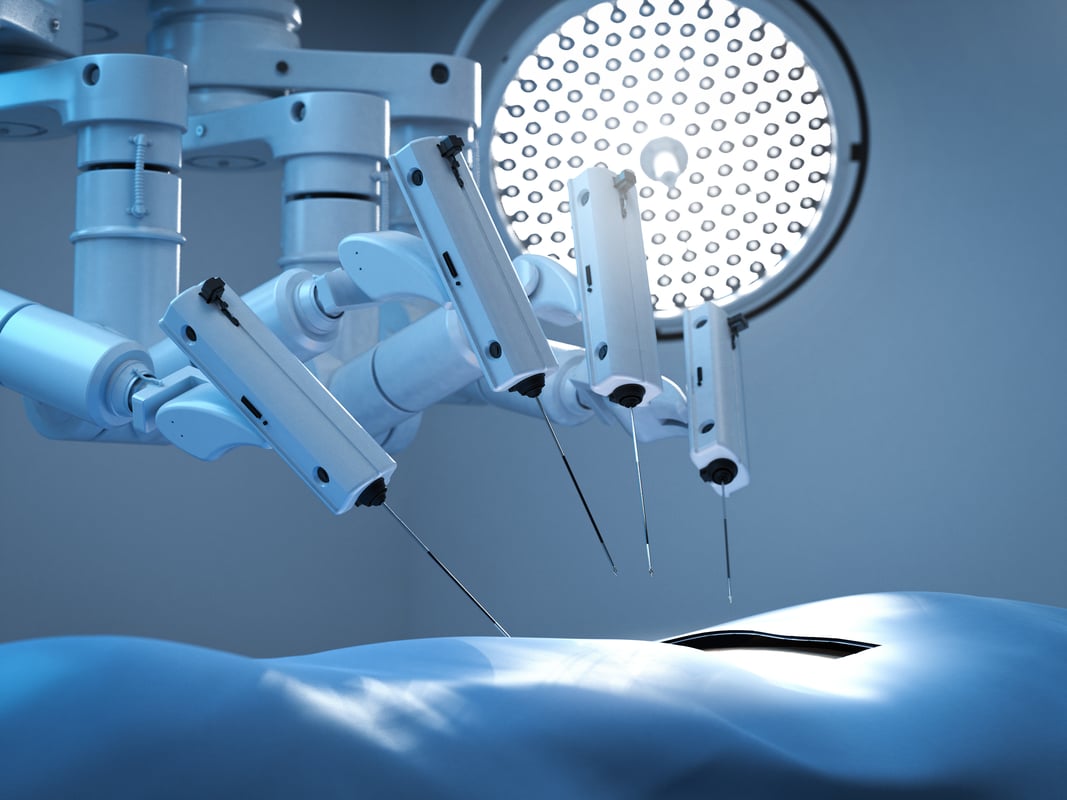During the economic shutdown to combat the spread of the coronavirus, very few companies have been spared. Intuitive Surgical (ISRG 1.44%) is no exception. The stock was down nearly 40% in mid-March, though it has since rebounded and is now down only 16.6% so far in 2020.
There's a good reason for this. The healthcare industry is getting a hefty dose of disruption due to the pandemic. In order to reallocate resources to care for those who have been infected and are experiencing life-threatening symptoms, many elective surgeries have been delayed. That's Intuitive's bread and butter, which has thrown its immediate prospects into question. But this is likely to be a very short-term problem, and Intuitive is in exceptional financial shape and riding the long-term wave favoring robotic-assisted procedures. It's time to give this stock a serious look.
A good quarter, but questions abound
To establish a new point of reference, a quick review of Intuitive's first quarter of 2020 will be helpful.
Revenue increased 13% year over year to $1.1 billion, driven by a 12% increase in instrument and accessories (to $618 million) and 237 new da Vinci surgery systems being shipped ($283 million in sales). That brought the total installed base of da Vinci systems to 5,669 at the end of March. Adjusted earnings per share were $2.69, compared with $2.61 a year ago.
But included in the total numbers is the takeover of hospital data and IT provider Orpheus Medical, although the numbers from the small acquisition were negligible enough to not be called out specifically. And through the first half of March, Intuitive said its sales were trending toward the high end of its previous guidance, which forecast that procedures using a da Vinci system would grow between 13% and 16% globally. But business dropped considerably in the second half of March to bring the final numbers back down to the lower end of that guidance range.
Given the current uncertainty, Intuitive declined to provide any guidance for Q2. It did say that results will vary greatly by geography, like in China, for example, which is already ramping economic activity back up after its shutdown earlier this year.
Nevertheless, with surgical procedures being deferred as resources and medical professionals are getting redeployed to help with the crisis, investors can safely assume the second quarter (and maybe even the third) are in for declines.

Image source: Getty Images.
Getting back to normal
This downturn is likely to be short-lived. As CEO Gary Guthart explained on the last earnings call, Intuitive and the rest of the medical community are taking steps to provide the care that is most immediately needed, all while keeping everyone else involved in that care safe. But as Guthart explained, just because a procedure that isn't a life-or-death situation gets canceled doesn't mean it will stay canceled:
While these procedures may be delayed in the short term without treatment of some sort, the disease and its impairment persist and often worsens. Said simply, the vast majority of these patients will ultimately seek treatment. We are analyzing both the clinical drivers of return to treatment and customer plans and processes to recover.
Put in anecdotal terms, if a patient has cancer that needs to be removed, demand for the procedure hasn't been eliminated by the coronavirus, it's only been delayed. Likewise, if you have a hernia that needs repair, it's not going to fix itself. The list could go on. "Elective" procedures, unlike what the term implies, are in most cases not optional.
Thus, while many businesses (including the healthcare industry itself) will be dealing with the aftermath of the coronavirus for a long time, Intuitive Surgical's rebound should happen far faster than average. Meanwhile, the company remains incredible nimble: zero debt, $5.90 billion in cash and investments, and adjusted net-income profit margins of 42% in Q1 2020.
While shares don't come cheap at 51.4 times trailing-12-month free cash flow, high-quality companies with long-term growth trends working in their favor are often worth the premium if an investor plans to be in it for the long haul.






